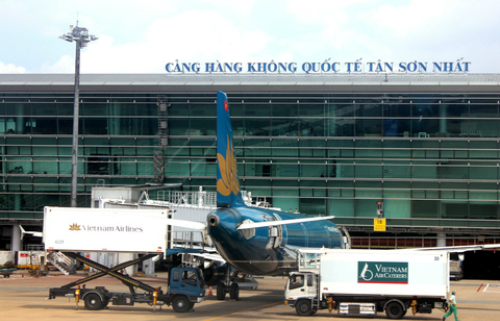
The value was determined as of June 30, 2014. State capital accounts for over VND20.76 trillion (about $1 billion) of the total. This is expected to be a significant foundation for the upcoming privatization of the corporation. After equitization, the State will hold 75% of the capital and the remaining will be sold to outsiders.
The value of the State capital in this company does not include the value of assets in the service zone for flight operations. In addition, its bad debts at Financial Leasing Company are not included in AVC’s value for equitization.
 |
|
ACV operates as a parent-subsidiary model with 24 subsidiaries and it manages 22 international and domestic airports in Vietnam. |
Officials of the Ministry of Transport and ACV said many times that the income from selling shares will be used as reciprocal capital for the Long Thanh International Airport project, which has investment cost in the first phase up to VND164 trillion ($7.8 billion).
ACV was founded in 2012 on the basis of merging the three corporations of the Northern Airport, Corporation of Central Airports and the Corporation of Southern Airports. This is one of the businesses with the largest capital in the field of transport infrastructure in Vietnam.
ACV’s current chartered capital is approximately VND14.7 trillion ($700 million). It operates as a parent-subsidiary model with 24 subsidiaries and it manages 22 international and domestic airports in Vietnam.
As announced by ACV, its revenue in 2014 was estimated at VND8.57 trillion, an increase of 0.86% over the previous year. However, its pre-tax profit in 2014 was only VND1.25 trillion, 92.3% compared with 2013.
In 2014, ACV conducted equitization of two subsidiaries, Tan Son Nhat Airport Service Company (SASCO) and Saigon Ground Service Company (SAGS). Both firms have attracted great attention of investors. They will make the transition to the model of joint stock companies in the first quarter of 2015.






